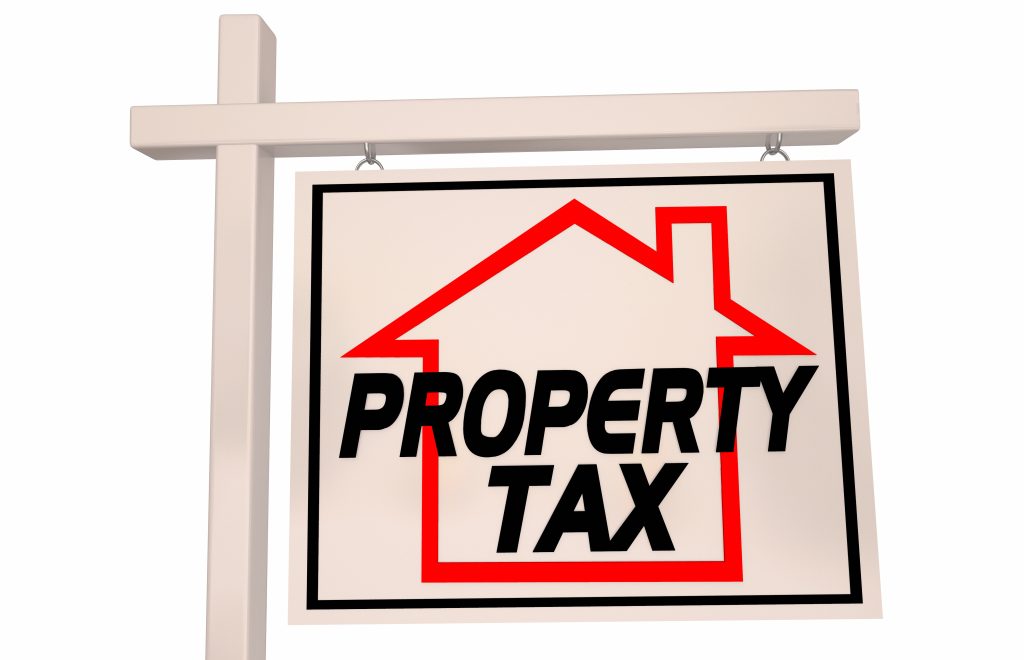Interest Rates Bring Rise in “Subject-To” Purchases
- The debt markets for commercial real estate have significantly stiffened in the last year.
- As a result, we have seen a rise in “subject to” acquisitions.
- While there are benefits, these transactions carry significant risk to the buyer and seller.
I do not have to tell the people who are reading this blog that these are weird times to be in commercial real estate. Debt markets are not quite frozen, but certainly not flowing easily. And equity markets are similar. Of course, much of this is because of the sharp rise in interest rates the last 18 months. Lets hope that the Fed follows through and at least keeps interest rates level, if not lowers them, in the next few months.
All of this has slowed the acquisition markets significantly. But as a result, we are starting to see the rise in a unique acquisition structure – the “subject to” purchases. So that’s what we are going to talk about this week.
What is a Subject-To Real Estate Acquisition?
A subject to real estate acquisition is a unique type of transaction where a buyer purchases a property “subject to” an existing mortgage or loan. In this arrangement, the buyer takes over the property and assumes responsibility for making mortgage payments, while the original loan remains in the seller’s name. It offers both benefits and risks that buyers should carefully consider.
Obviously one significant advantage of a subject to acquisition is that it allows buyers to acquire properties without needing to secure new financing. In today’s commercial real estate environment, with debt as tight at it is, this can be a very welcomed advantage. The debt on the property is already in place.
Another benefit of subject to acquisitions is the potential for consistent, favorable loan terms. As discussed above, interest rates have risen sharply in the last 18 months. Acquiring subject to, the buyer already knows the terms of the debt and it is likely on better terms than the buyer could currently get in the market. Such terms can significantly enhance the buyer’s financial position and increase their return on investment.
Furthermore, subject to acquisitions can present excellent investment opportunities for real estate investors. Investors can acquire properties with minimal upfront costs. They can also potentially close quickly by not having to wait on the lender to secure debt.
There are Significant Risks to Both the Buyer and Seller
However, subject to acquisitions also carry certain risks that buyers should carefully consider before entering into such transactions. One significant risk is the possibility of the lender exercising a due-on-sale clause. Almost all loan agreements include a due-on-sale clause. This clause allows the lender to demand full repayment of the mortgage upon the transfer of ownership of the property. If the buyer fails to satisfy this requirement, they may face foreclosure or legal action. To mitigate this risk, buyers must conduct thorough due diligence on the seller’s mortgage and financial situation to ensure that the lender is unlikely to enforce the due-on-sale clause.
Additionally, subject to acquisitions require buyers to have a high level of trust in the seller. Since the original mortgage remains in the seller’s name, it retains the legal and financial obligation to repay the loan. If the seller violates the loan agreement, the lender could foreclose on the property, leaving the buyer in a very bad position.
The seller is also taking a significant risk. While the buyer will be paying the mortgage after the sale, the seller still has the legal obligation to pay it. As a result, if there is a shortfall after foreclosure, the lender may be able to come after the seller for that shortfall. It is extremely important, therefore, for the buyer and seller to have a very clear purchase agreement that outlines the responsibilities and duties of the parties.
In conclusion, subject to real estate acquisitions offer unique opportunities for buyers to acquire properties without securing new financing and benefit from potentially favorable loan terms. They provide flexibility, allow for quick portfolio expansion, and can be financially advantageous. However, buyers and sellers should both be aware of the risks associated with assuming an existing mortgage, such as the possibility of the lender enforcing a due-on-sale clause and the need for trust and vigilance in monitoring the seller’s mortgage payments. Engaging professional legal counsel and conducting thorough due diligence are essential steps to ensure a successful subject to acquisition.
Interest Rates Bring Rise in “Subject-To” Purchases Read More »





